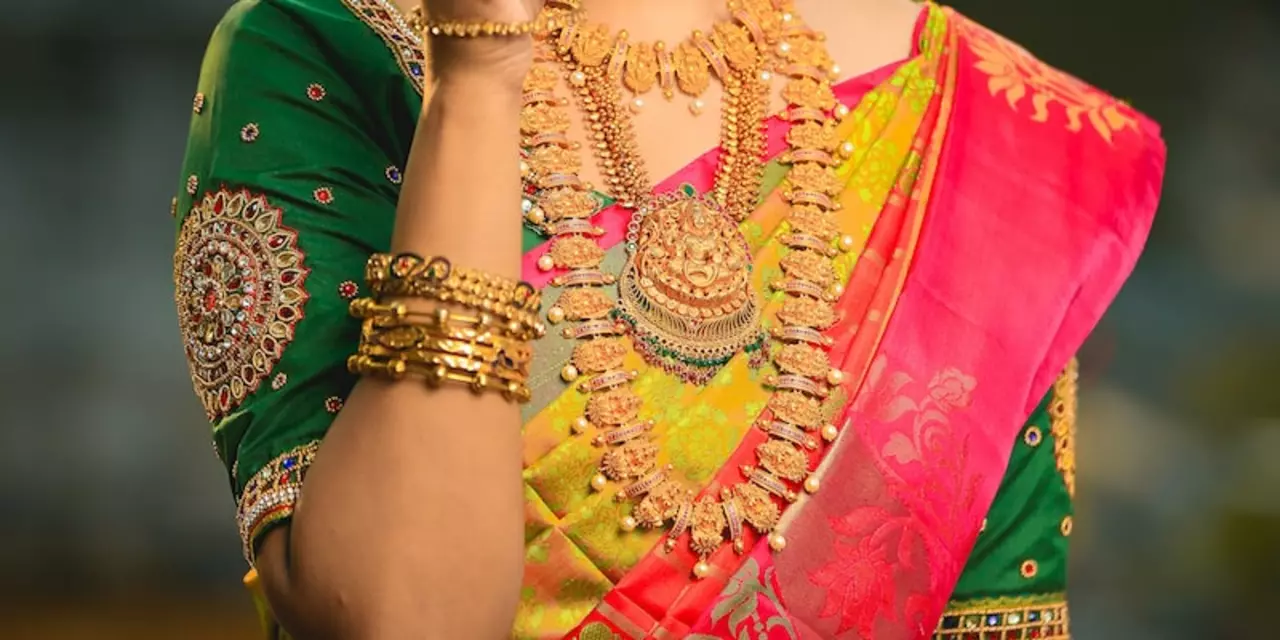Indian Culture and Society: Pride, Problems, and Everyday Realities
I'll be blunt: being Indian brings huge pride and some real frustrations. You get amazing food, festivals, and family bonds — but you also run into stereotypes, unfair expectations, and identity confusion. This page collects honest takes on life in India and for Indians abroad, including pieces like "What do you hate being an Indian?" that talk about everyday struggles.
What people outside India often miss is how diverse the country is. India has dozens of languages, religions, and ways of life. That variety is a strength, but it also means people expect a single story and then react badly when reality doesn't match. When someone calls all Indians the same, it erases histories, local customs, and personal choices.
Common frustrations and where they come from
One big issue is stereotypes. Indians face lazy labels at work, school, and online — from assumptions about accents to expectations about tech skills. These stereotypes hurt careers and self-worth. Another problem is racism and discrimination in other countries. Reports and personal stories show Indians being treated differently on the street, at airports, or in housing searches.
Inside India, pressure from family and society shows up in other ways. People expect certain jobs, marriage timelines, and life choices. That pressure can feel like a loss of freedom. Young Indians often juggle respect for tradition with a desire to choose their own path. That tension creates real stress and pushes many to move to cities or abroad for space to breathe.
How identity gets complicated
Being labeled "exotic" or "mysterious" sounds flattering, but it simplifies people. It can make social interactions awkward or even unsafe when curiosity turns into suspicion. For Indians living overseas, identity can split—feeling too Indian at school and not Indian enough at home. That split matters: it shapes friendships, dating, and career choices.
So what helps? Honest conversations and listening. When someone shares a microaggression or a stereotype, treat it as valid instead of changing the subject. Learn basic facts about India's diversity so you don't lump everyone together. Employers can do better by training teams about bias and by judging skills, not accents.
At the individual level, many find balance through small acts: keeping cultural traditions you love, setting boundaries with family, and finding communities that respect your choices. Sharing your story online or locally helps others understand the real, complicated lives behind broad labels.
This category collects articles that look at Indian culture without sugarcoating. Expect pieces that celebrate food and festivals, critique social pressures, and feature real voices saying what they like and what they don't. Read, share, and add your own perspective — honest talk moves things forward.
If you've faced bias or confusion for being Indian, your experience matters. Tell your story or recommend readings here. We publish thoughtful posts that challenge lazy views and offer concrete tips for dealing with prejudice, family pressure, or identity questions. Your voice can change how others see India and Indians today and always.

- 0 Comments
This article discusses the many difficulties that come with being an Indian. It looks at how Indians often face issues with racism, stereotypes, and discrimination. It also examines how Indians are often seen as a monolith and how they are subjected to unfair expectations. In addition, the article highlights the difficulties of being an Indian in a nation with such a wide range of cultures and traditions. Finally, it points out how Indians are often labeled as exotic, mysterious, and even dangerous. In conclusion, the article highlights the many difficulties of being an Indian in the current world.